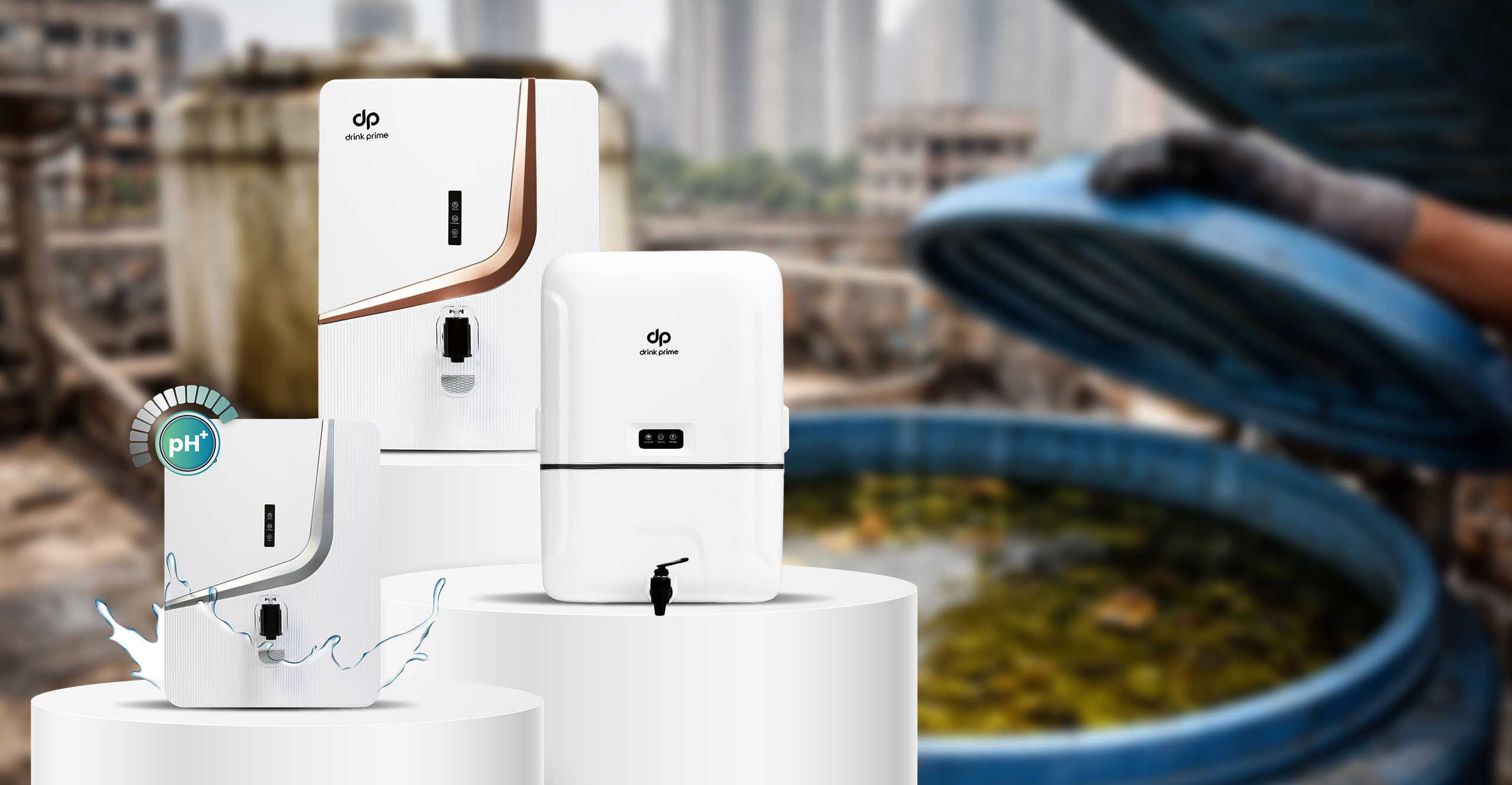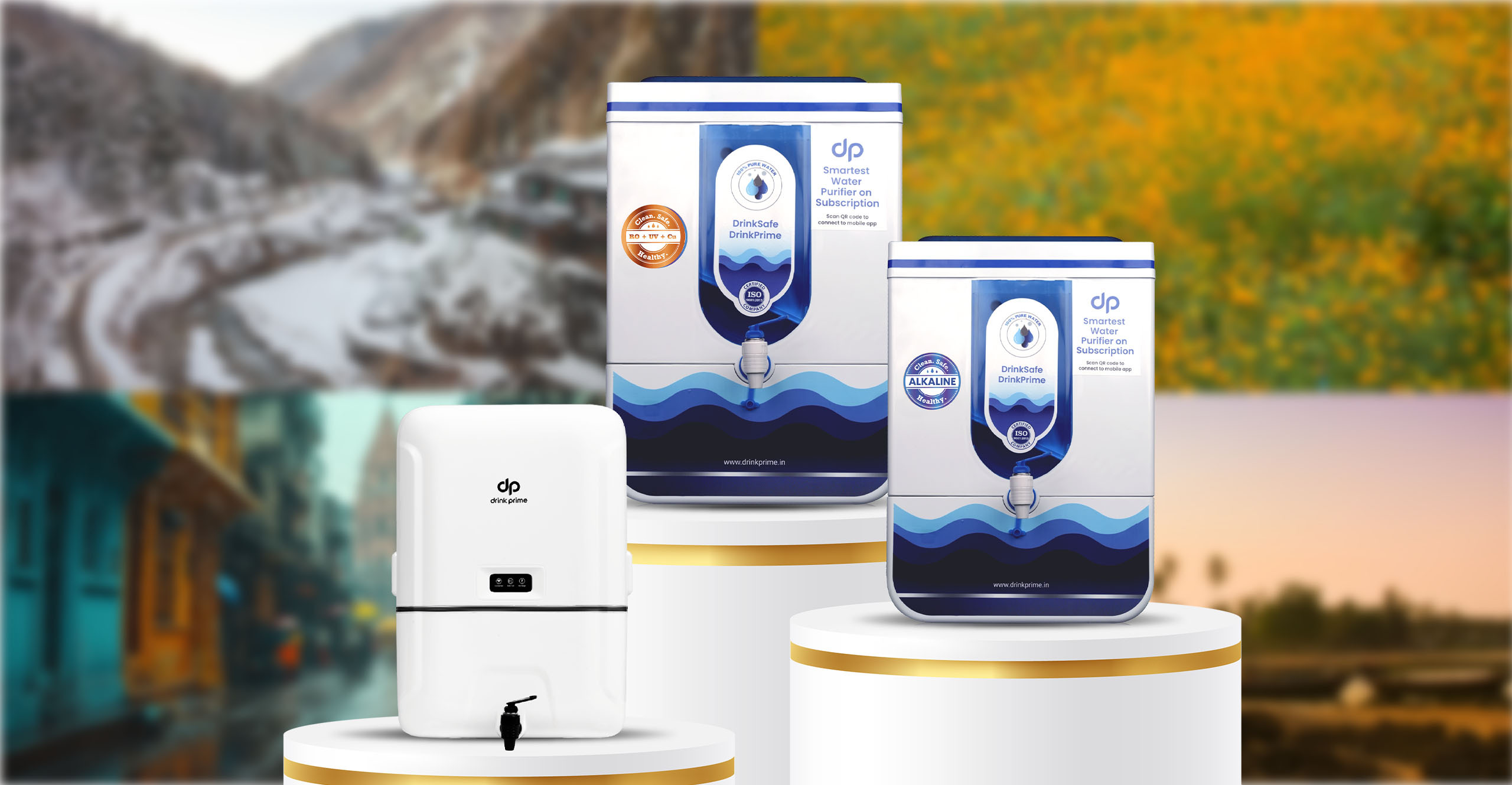Water, one of our most precious natural resources, is becoming scarcer by the day. With climate change becoming a dreaded reality and rampant pollution of water bodies, this elixir of life is facing depletion levels unheard of before. The burgeoning global population and rapid industrialization increase the global demand for water multifold. All these point towards the necessity of managing and conserving our water resources efficiently.
The rapid technological advancements have spread to the water management sector as well and are paving the way for sustainable water management practices. While the year 2023 was all about artificial intelligence and its democratization, in the water management world, 2024 is poised to see an amalgamation of technology and sustainable practices to streamline efforts for better water management. In this article, we delve into some of the technological trends that are reshaping the way we use and manage this precious resource.
- Automation of DWTP: According to the reports filed by the International water sector technology companies, drinking water treatment plants will continue their efforts to use technology to automate the management of these plants. For this to be effective, efforts must be made towards data management to harness and use data effectively for optimum automation. Additionally, the key variables will have to be constantly monitored to ensure proper hygiene and sanitation levels in the area of water consumption. Drinking water networks must also strengthen their digital transformation to boost efficiency and ensure sustainability. Some of the latest technologies in this area are Advanced metering infrastructure, Geographic information systems, leak detection tools, etc. Cyber security is another area that is set to be strengthened.
- Digitization of WWMPs and network technologies: As part of their digital transformation, wastewater management plants are set to utilize key data optimally. This, combined with the application of new technology and advanced treatments, will ensure increased functionality, reduced costs, and improved quality of treated water while also improving the perceived customer value. Automation control, the Internet of Things, big data, and advanced analytics are some of the driving factors of 2024 that are poised to be the agents of change in the area of water management. Technologies such as adsorption/ biosorption, biological remedies, etc., are reducing pollutants and maintaining the quality of water.
- Technological advancements in sanitation: Sanitation networks are one of the areas in which rapid technological advancements are happening in 2024. Through the implementation of smart digital solutions, this area is undergoing a positive sea of change. Preventing overflows and even anticipating them in the systems, thereby helping to deal with them more effectively, finding new uses for wastewater, etc., are exciting new areas of technological advancements in this field.
- Sustainable agricultural irrigation practices: Another important area where water management is growing by leaps and bounds is the area of agricultural irrigation. This is crucial, as it is directly related to our food security. Projects like the PERTE (Strategic project for economic recovery and transformation) in Spain will be the driving factor for the implementation of digital solutions among irrigation water users’ associations. This change will help augment resources, increase environmental sustainability, and reinforce the efficiency of crops. Some of the emerging trends in this area of agricultural irrigation in 2024 are better models of water governance, the use of geographical information systems, more refined energy efficiency, and remote sensing for soil moisture.
- A consolidated system of water resources in management: In 2024, where water sustainability is the need of the hour, digital transformation is slated to emerge as that one tool that can effectively address the issues faced in this area. Effective perusal and analysis of vast amounts of data, timely identification of trends, and application of technologies such as big data, artificial intelligence, machine learning, etc., are crucial elements in the area of water resource management. To build a more robust and sustainable model of water management, it is imperative that factors like continuous deployment of the latest technology, cooperation of international bodies, and a comprehensive outlook that deals with everything from rapid response to preventive measures are in place.
- DHC networks and smart buildings: In this era of sustainability, energy efficiency, and savings, these are two trends that are poised to be star players in 2024. Smart buildings are facilities that make use of advanced technologies and systems that control them effectively and without glitches, thereby increasing their energy efficiency, making them more sustainable, and improving their overall safety. New technological advancements like behavior prediction, end-to-end integration, etc., will pave the way for smart buildings and facilities in the future. DHC networks supply thermal energy to a plethora of buildings at the same time. They utilize energy from various sources like industrial and wastewater treatment plants to function. DHS networks are poised to be a key player in our efforts to transition towards a more environmentally sustainable community and also towards reducing the emissions produced by cities in the future.
- Advanced levels of drinking water filtration: Technological advancements like nanotechnology are dramatically improving filtration levels, even filtering out micropollutants. Biological filtration is also fast gaining ground.
- Desalination: The area of water desalination is also expanding, with an emphasis on cutting costs and creating more environmentally sustainable practices. The latest technologies, such as the use of renewable energy and the implementation of biomimicry to extract salt from water, will gain traction in 2024.
- A segregated infrastructure model: A general trend towards a more decentralized water infrastructure is gaining popularity, as it enables a more durable community in the long run. Mobile and modular water treatment systems and at-home water solutions are all paving the way for more robust water management in 2024.
Get 7 Days Risk Free Trial
Conclusion
Proper stewardship, effective utilization of our water resources, and sustainable water treatment models are crucial in our journey toward sustainable and effective water management. Innovative technology and digital transformation are two critical factors that can transform the way we approach water management and use it efficiently and judiciously. While these emerging trends bring about positive changes and new opportunities in the field of water management, it is also true that they must be dealt with with extreme caution and care. With the judicious use of emerging technologies, the future of water management appears to be a bright one.
Optimizing water usage and ensuring access to the best-filtered water starts at home. This is why our DrinkPrime RO water purifier offers the best solution for your drinking water needs! Choose from our range of subscription plans that meet your drinking water requirements and enjoy clean, safe, and healthy drinking water around the clock.




